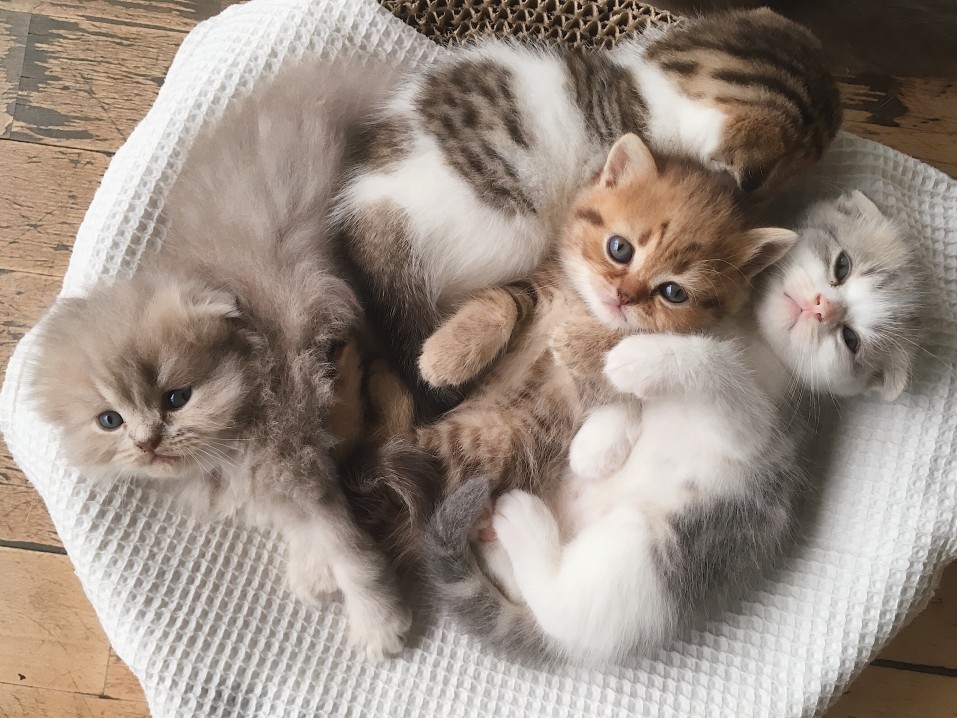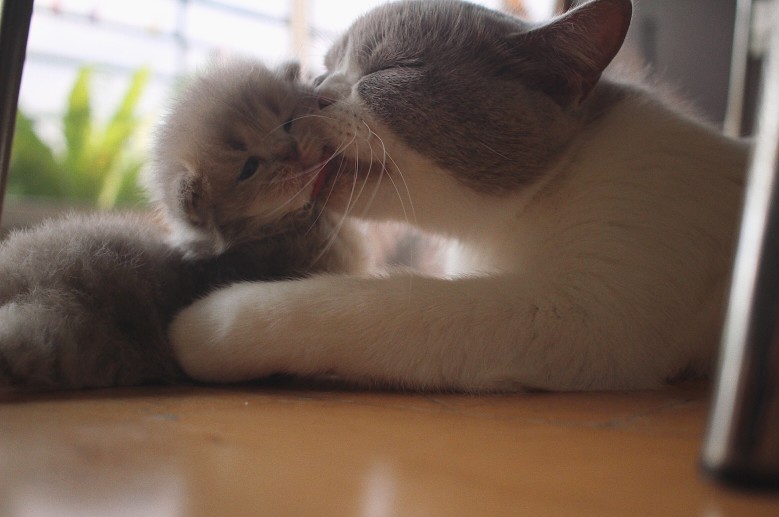You’ve finally settled on the breed that makes your heart purr. Now comes the crucial step: choosing a truly reputable cat cattery—one that puts whisker well-being ahead of everything. What signs should you look for, which questions matter, and how do you avoid classic traps? Let’s walk through it together.
- How to recognise a reputable cat cattery
- Plan and ace your visit
- During the visit: what to check
- Must-ask questions
- Have the kittens had any health issues?
- Is the mother fully up to date on care (vaccines, deworming)?
- How many litters has the mother had?
- What’s the plan for deworming and core vaccines?
- Where do the kittens live and how are they socialised?
- Papers to collect before you leave
- In a nutshell
- FAQ
Still hesitating between breeds or bloodlines? This handy companion can help refine your choice with confidence: how to choose a pedigree cat.
How to recognise a reputable cat cattery
A good breeder knows their breed inside out, talks openly about health, temperament, and socialisation, and doesn’t dodge tough questions. Spaces are clean and orderly, with cats living in a calm, enriching environment that feels like a home—not a warehouse.
Encouraging signs
- Visits are welcome; living areas are tidy, litter boxes fresh, bowls clean.
- Kittens are curious, confident, and used to household sounds.
- Helpful advice is given spontaneously (diet, settling in, basic care).
- Reasonable departure age—ideally 12–16 weeks—to allow proper socialisation.
Red flags to take seriously
- Many litters at the same time, or a visibly over-solicited mother.
- Refusal to show the mother or the kittens’ living space.
- Lethargic kittens, runny eyes/noses, or strong odours.
- “Reserve now, pick up immediately” promises without a clear contract.
Want a broader view of how a cattery should operate? This primer helps you sharpen your checklist: what is a cattery and how to choose one.
Plan and ace your visit
- Call ahead, set a specific time, and let them know if plans change.
- Avoid chaining multiple cattery visits in one day to reduce cross-contamination risks.
- Arrive in clean clothes, wash your hands on site, and remove shoes if requested.
Practical tip
Before you go, ask for a short “day-in-the-life” video showing playtime, feeding, or cleaning. Candid and recent clips say more than staged photos ever will.
Extra-smart idea: bring a freshly washed soft cloth sealed in a zip bag. Ask the breeder to rub it on the mother and kittens. Take it home so your future kitten recognises a familiar scent on day one—it eases the first nights beautifully.
Common mistake to avoid
Picking up a kitten too soon. Even if they eat on their own, they learn critical social skills between 12 and 16 weeks—bite inhibition, feline manners, and confidence. Early departures can make adaptation harder for both of you.
If you’re already picturing that first cuddle at home, here’s a gentle roadmap to peaceful introductions: introduce a new kitten to your resident cats.
During the visit: what to check
- The mother (and the father if possible): temperament, cleanliness, bright eyes. A confident mum often means well-adjusted kittens.
- Hygiene: maintained litter trays, clean bowls, a healthy, non-stagnant smell. Mess can happen; grime should not.
- Socialisation: gentle handling, varied sounds, positive experiences. A kitten that approaches to sniff and explore? Gold.
- Age and rhythm: no rush, proper weaning time, and vaccination schedule respected.
Healthy kitten checklist
- Clear eyes with no discharge or redness. Clean ears and a dry, tidy nose.
- Energy and curiosity without signs of lethargy.
- Balanced silhouette: you can feel the ribs lightly but don’t see them from afar.
- Clean hindquarters (no signs of diarrhoea).
Must-ask questions
Have the kittens had any health issues?
Ask for dates, diagnoses, treatments, and follow-ups. A good breeder will show vet records transparently and never minimise concerns.
Is the mother fully up to date on care (vaccines, deworming)?
Maternal health matters. Regular veterinary follow-up, with a clearly filled health booklet, is essential for the litter’s wellbeing.
How many litters has the mother had?
Litters spaced too closely exhaust mum and impact the quality of rearing. Ethical breeding respects recovery time.
What’s the plan for deworming and core vaccines?
Deworming is key—parasites often pass through milk. First vaccinations typically start around 8–9 weeks, with subsequent boosters. Want a deeper dive? Here’s a clear buyer’s guide: choose the best dewormer for your cat.
Where do the kittens live and how are they socialised?
Busy living space or isolation? Daily, gentle handling? Positive, varied experiences build confident, adaptable cats.
Fun reminder: a kitten is the young of the domestic cat. It’s not just a “mini cat”—they’re busy learning feline etiquette with surgical precision!
Papers to collect before you leave
- Sales contract with clear guarantees and conditions.
- Health booklet (vaccines, dewormers, dates, labels).
- Identification (microchip) — in France, it’s mandatory before any transfer.
- Pedigree if it’s a purebred (LOOF where applicable) or proof of registration.
- Written feeding plan for a smooth diet transition (brand, quantities, routine).
Surprising fact
Many kittens seem “angelic” in a cattery because they burn energy playing together. Once home, the solo acrobat may emerge—perfectly normal. A caring breeder will prepare you for that curious explorer phase!
Getting the bathroom corner ready? This practical guide helps you pick the right option: choose the best litter.
In a nutshell
A serious cat cattery is transparent, hygienic, and devoted to everyday socialisation, with a respectful rhythm and proper paperwork. Take your time—your kitten will share your life for 15–20 years. Better to wait for the right match than rush a decision.
If you want even more cattery know-how before you book a visit, we’ve got a friendly explainer: how a good cattery works.
FAQ
What is the best age for a kitten to leave the cattery?
Ideally 12–16 weeks, after core socialisation, first vaccines, and with boosters scheduled. Leaving earlier can complicate adaptation.
How do I verify a breeder is ethical and caring?
They welcome visits, show clear documents, keep clean premises, socialise daily, and let you meet a healthy, confident mother cat.
Should I pay a deposit to reserve a kitten?
It’s common. Make sure a written contract states the amount, refund conditions, and postponement terms before you pay.
What ongoing costs should I expect after adoption?
Quality food, litter, routine vet care (vaccines, parasite control), sterilisation, and a small emergency fund for the unexpected.









